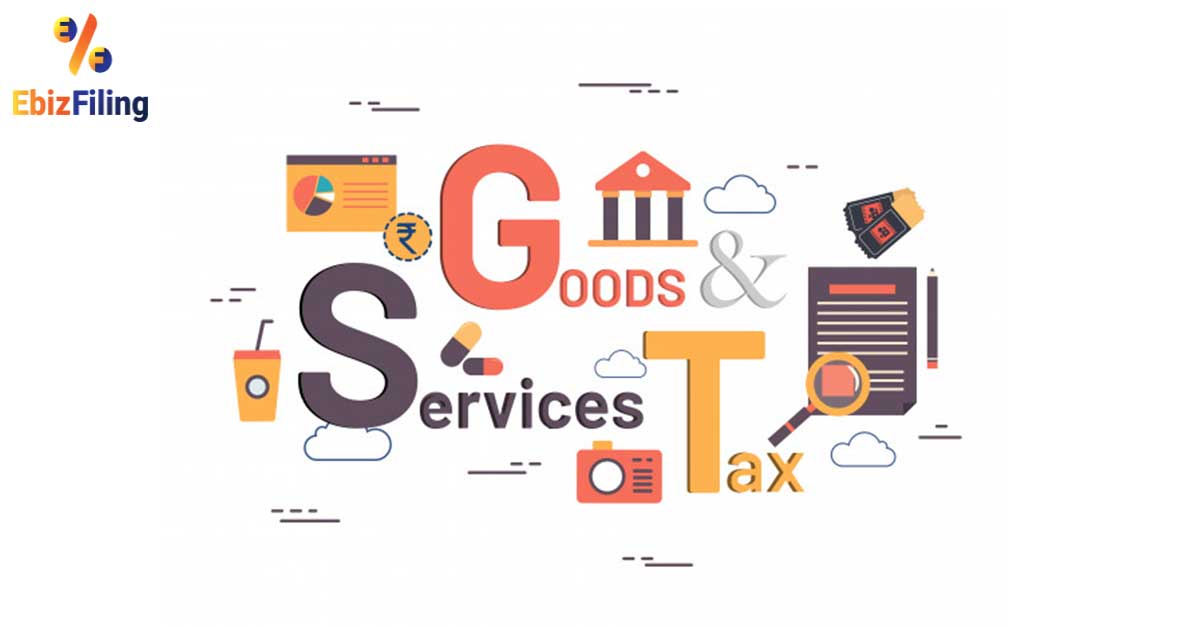Opening the Advantages of GST Enrollment: A Comprehensive Guide for Companies Looking to Simplify Tax Conformity
Navigating the facility landscape of tax conformity can be a difficult job for companies of all dimensions. With the application of Product and Provider Tax (GST) enrollment, firms can open a myriad of advantages that go beyond simple adherence to policies. From optimizing tax obligation performance to enhancing credibility in the market, the advantages of GST enrollment are manifold. By delving right into this comprehensive overview, organizations can gain valuable understandings into just how to simplify their tax conformity procedures and harness the full possibility of GST for their procedures.
Recognizing GST Enrollment Advantages
Comprehending the advantages of GST registration is important for companies seeking to enhance their tax conformity procedures and boost their reputation within the market. GST enrollment enables companies to get themselves of different tax credit histories on inputs, decreasing the overall tax obligation responsibility. It likewise enables for the seamless flow of input tax credit score throughout the supply chain, guaranteeing that taxes are levied only on the worth addition at each stage.
Furthermore, GST registration provides organizations with access to an extra considerable market by making interstate deals much more accessible and removing the requirement for numerous state-specific registrations. This simplification not only lowers the conformity burden yet likewise fosters convenience of working. Additionally, registered businesses obtain an one-upmanship as numerous B2B clients prefer to involve with GST-registered suppliers to declare input tax credit rating themselves.
Simplifying Tax Conformity Processes
The implementation of GST enrollment not only improves an organization's tax compliance efficiency but also plays a vital role in simplifying its overall tax processes. By registering for GST, organizations are required to preserve thorough records of their sales and acquisitions. This systematic recording not just guarantees conformity with tax obligation regulations however additionally offers a clear introduction of economic purchases, making it less complicated to track and keep an eye on tax liabilities.
Furthermore, GST enrollment requires the filing of routine tax obligation returns, which triggers organizations to remain upgraded with their monetary data and responsibilities - Why choose CFO Account & Services for GST registration in Singapore. This consistency in submitting returns not just assists in staying clear of charges for non-compliance yet additionally help in maintaining accurate financial records, which is vital for making notified company decisions
Furthermore, the combination of GST into a service's operations typically brings about the adoption of automated accounting systems. These systems not just streamline the procedure of tax obligation estimations however also reduce the possibility of errors in tax coverage, more enhancing the performance of tax obligation compliance processes.

Leveraging Input Tax Obligation Credit Scores Advantage
Input tax obligation credit score permits companies to offset the tax they have paid on inputs versus the taxes they are accountable to pay on outcomes, thus minimizing the general tax obligation. By asserting input tax obligation credit history, organizations can protect against tax obligation plunging, where taxes are levied on currently taxed quantities within the supply chain, leading to increased expenses.
Additionally, leveraging input tax credit history benefit promotes compliance with GST laws, fostering openness and liability in the tax system. Companies that properly make use of input tax obligation credit score can enhance their cash money flow management, as the debt amount can be made use of to work out future tax obligation liabilities. Inevitably, companies that harness the input tax obligation debt advantage get a competitive edge by reducing costs, enhancing earnings, and making certain tax conformity in a streamlined way.
Enhancing Organization Reputation With GST

Maximizing Tax Obligation Efficiency Via Registration
By strategically leveraging GST enrollment, organizations can enhance their tax effectiveness and streamline financial procedures. GST registration allows companies to assert input tax obligation credits on the GST paid on acquisitions, thereby reducing the general tax obligation liability. This enrollment also allows services to pass on the benefit of input tax credit rating to their customers, making their product and services extra affordable in the market.
Furthermore, being signed click here for more info up under GST gives services with the chance to broaden their market reach. Lots of services and federal government entities favor to involve just with registered providers to obtain themselves of input tax credit report advantages. This preference gives signed up services an one-upmanship and opens up methods for cooperation and development.
Furthermore, GST registration facilitates conformity with tax regulations and laws, decreasing the danger of penalties or fines due to non-compliance (Why choose CFO Account & Services for GST registration in Singapore). By keeping appropriate tax documents and filing routine returns, businesses can make sure smooth operations and develop a track record for reliability and transparency in the eyes of both customers and governing authorities. Basically, making best use visit their website of tax obligation efficiency via GST registration is a calculated relocation that can yield long-lasting advantages for organizations

Conclusion
Finally, companies can open various advantages by signing up for GST. This includes simplifying tax obligation compliance processes, leveraging input tax credit rating benefit, boosting company credibility, and making best use of tax effectiveness. By sticking to GST laws, companies can develop a solid structure for growth and make certain compliance with tax obligation regulations. Overall, GST registration is a critical step for companies seeking to run successfully and effectively in the present tax obligation landscape.
GST enrollment allows organizations to make use themselves of different tax credits on inputs, decreasing the overall tax obligation obligation.The implementation of GST registration not only boosts a company's tax obligation conformity effectiveness yet also plays a vital function in streamlining its overall tax obligation procedures. Input tax obligation credit score enables services to offset the tax they have actually paid on inputs versus the taxes they are accountable to pay on outputs, thereby lowering the general tax responsibility. By declaring input tax credit score, services can avoid tax obligation cascading, where taxes are imposed on already why not try here taxed quantities within the supply chain, leading to boosted expenses. GST registration permits companies to claim input tax obligation credit histories on the GST paid on purchases, thus reducing the total tax responsibility.